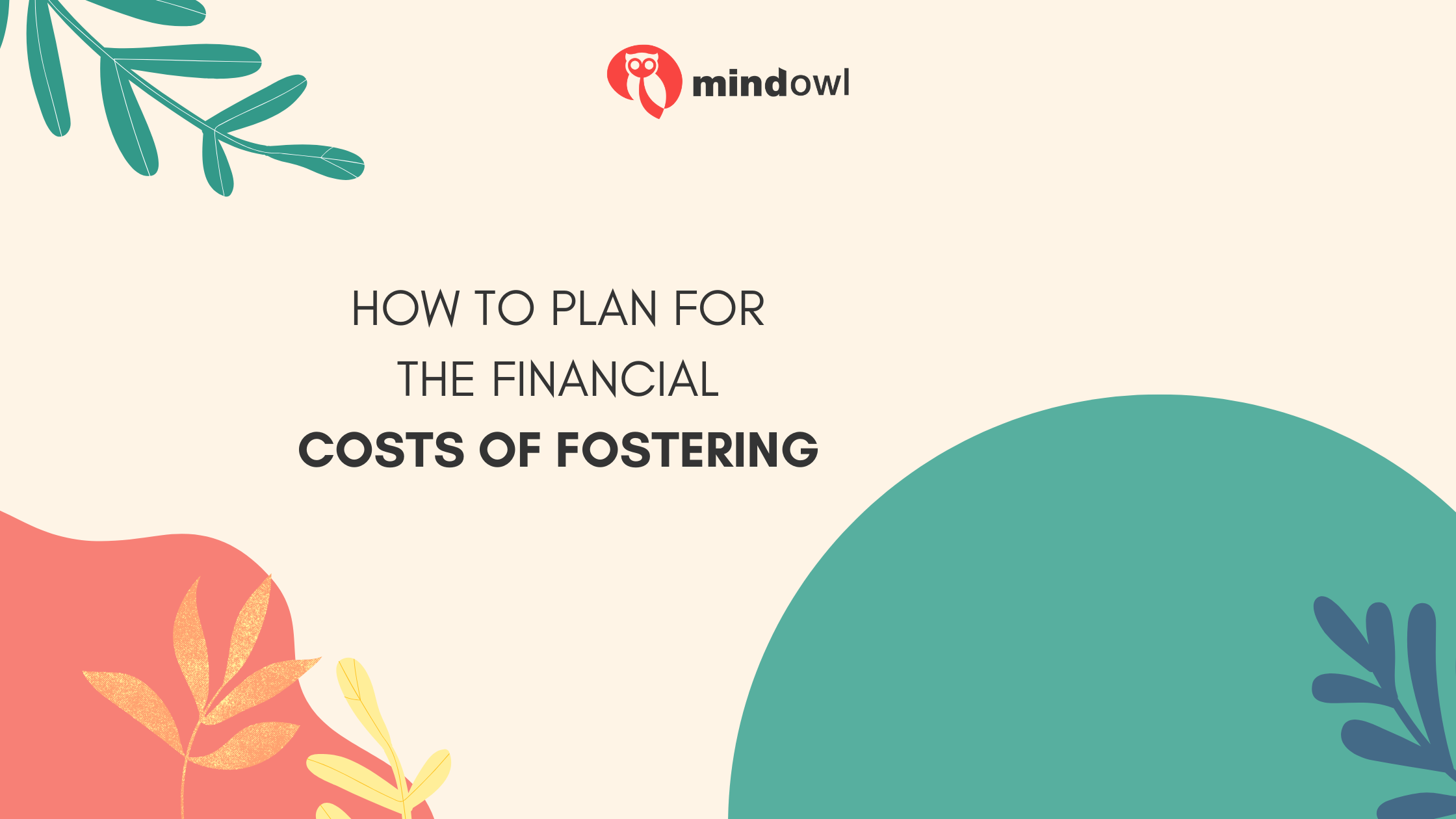Deciding to become a foster carer is an incredibly rewarding choice, but it also comes with real financial costs. Proper planning and budgeting can help you be fully prepared for the monetary responsibilities of fostering, while still providing a loving home for children in need. With some strategic preparation, you can make fostering work for your family’s budget. Here are some tips and advice for you to consider.

Research the Foster Care Allowance
Whether you foster through your Local Authority or an agency, you will receive a weekly foster care allowance to cover the costs of caring for a foster child. The fostering allowance will vary depending on the child’s needs and your experience. With Fostering People, for example, you’ll receive £482.02 for one child aged 0-4. Do your research to find out the current rates in your local area so you know what to expect. This baseline allowance can help offset many costs.
Budget for Initial Supplies and Ongoing Expenses
When first welcoming a foster child into your home, you’ll need to purchase some essential supplies like clothes, toys, furniture, bedding, and any other items required for their comfort and care. Make a list of everything you’ll need to buy initially and factor it into your budget.
Then consider the ongoing weekly expenses like food, transportation, entertainment, personal care items, etc. Be realistic about the extra costs a child will incur and allocate money for these recurring expenses in your regular household budget. Add a bit of padding since costs may be unpredictable.
Look into Support, Benefits and Tax Relief
Find out what government assistance and tax benefits are available to foster carers in your area. For example, you may be eligible for child tax credits, child benefit, council tax relief, and more. These can offset the financial load of fostering significantly. Reach out to other local foster parents, your agency, and government programmes to learn about additional financial support.
Increase Your Room in the Budget
Review your current spending and see where you may be able to cut back in order to accommodate fostering costs. For instance, temporarily reducing entertainment, dining out, or extracurricular spending can help create some room in your budget. Be prepared to make some sacrifices and lifestyle adjustments to ensure you can provide for a foster child.
Start Saving Up a Dedicated Foster Fund
Try to build up emergency savings for foster care expenses. Even a few hundred pounds set aside can help cover initial supplies, clothing, school expenses, and unanticipated costs that will inevitably come up. You want to have a financial buffer so that you don’t end up in debt when supporting your foster child. Put money away regularly over time leading up to becoming a foster carer.
With prudent planning and preparation, the monetary costs of fostering can be managed. Do your research, take advantage of all resources available, adjust your lifestyle, and budget wisely. Most importantly, provide foster children the loving, nurturing home they deserve despite the financial challenges. Your love outweighs any material possessions.
MindOwl Founder – My own struggles in life have led me to this path of understanding the human condition. I graduated with a bachelor’s degree in philosophy before completing a master’s degree in psychology at Regent’s University London. I then completed a postgraduate diploma in philosophical counselling before being trained in ACT (Acceptance and commitment therapy).
I’ve spent the last eight years studying the encounter of meditative practices with modern psychology.

